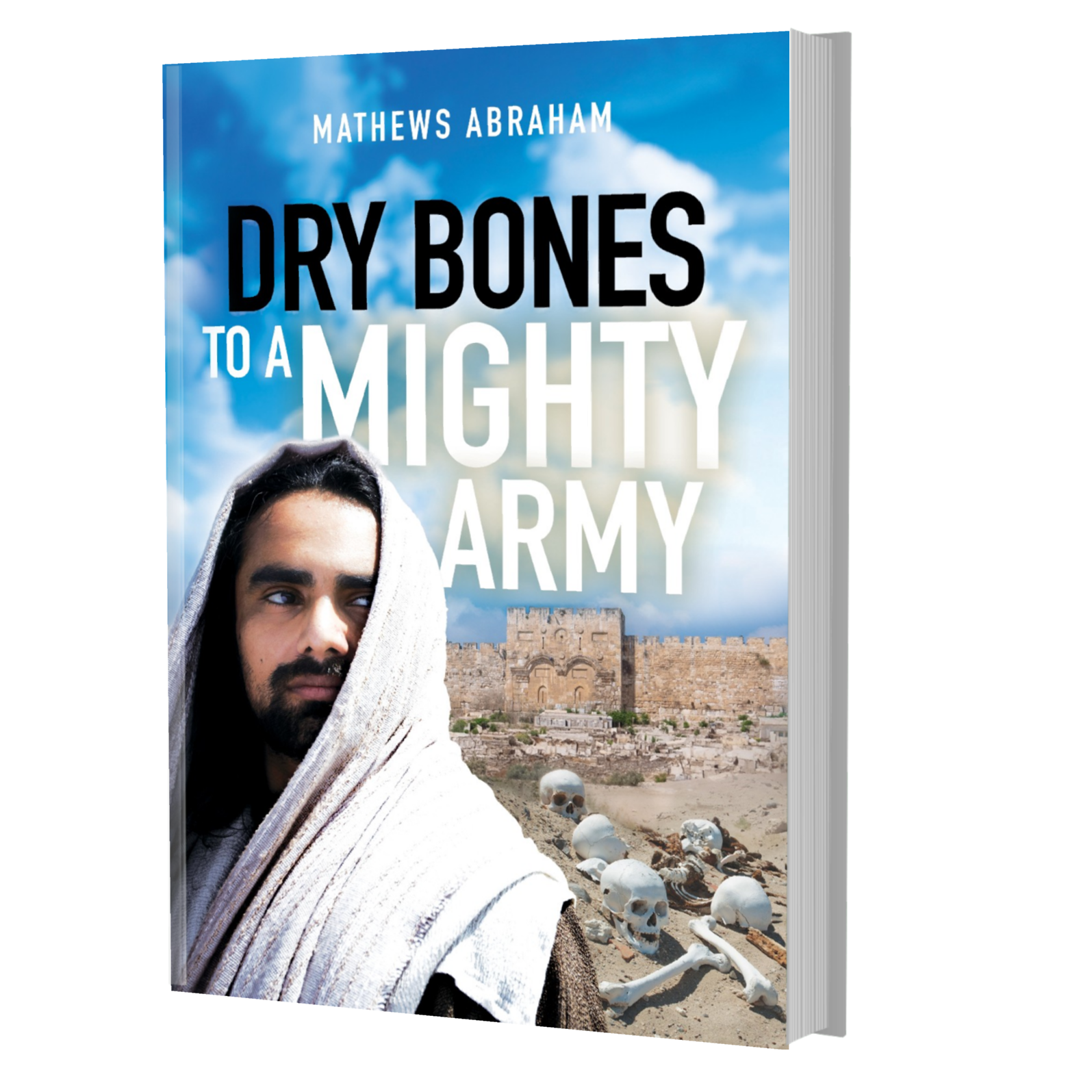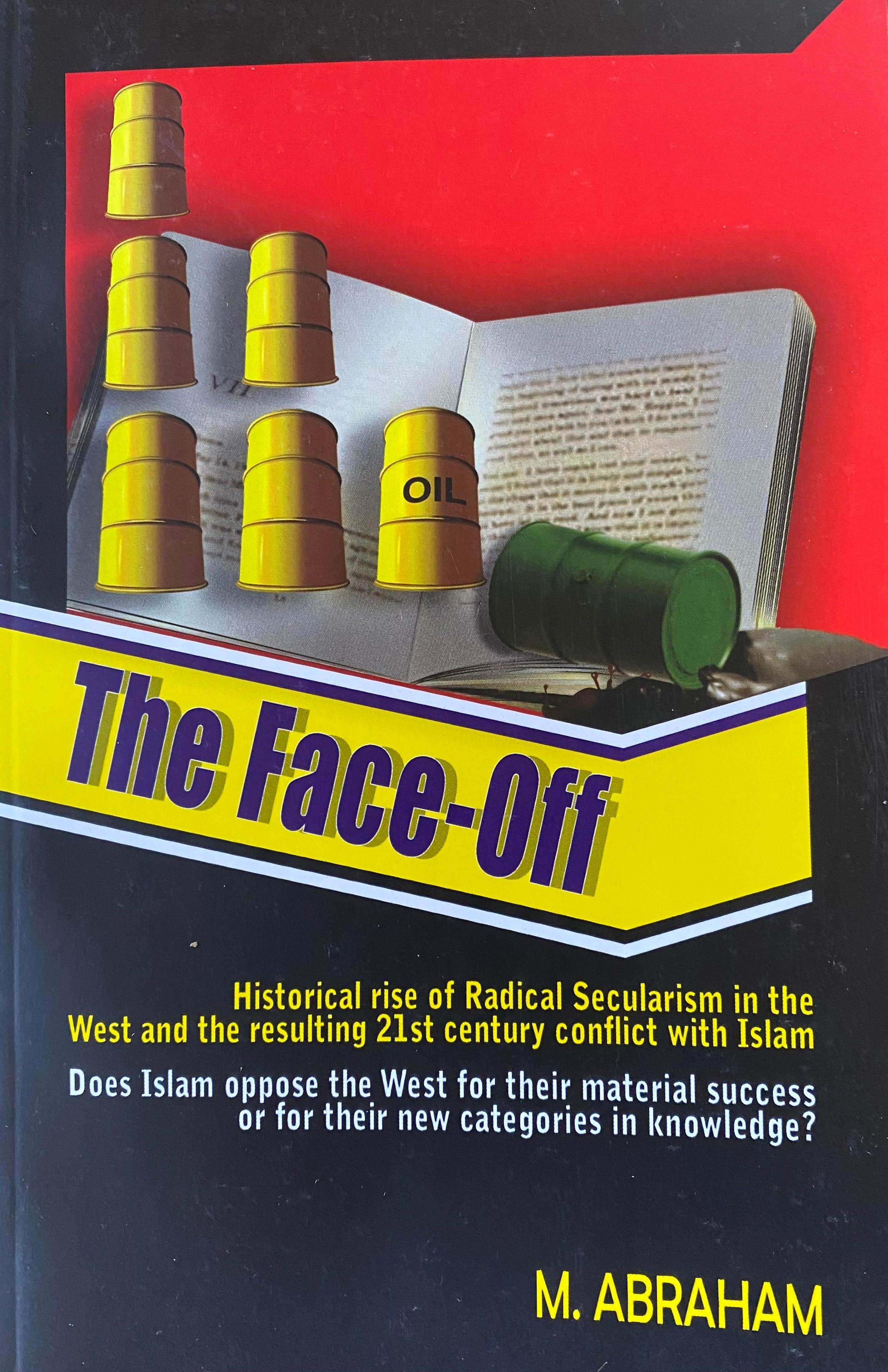
Dry Bones To a Mighty Army
In From Dry Bones to a Mighty Army, Mathews Abraham tells the remarkable story of Israels miraculous restoration, drawing on biblical prophecy and historical events. The book focuses on the prophetic vision of Ezekiel, particularly the rebirth of Israel and its transformation into a powerful nation. Abraham highlights the events leading up to the Six-Day War of 1967, which he sees as the fulfillment of Ezekiels vision of the "dry bones" coming to life. Through personal reflections and historical analysis, Abraham explores the spiritual and cultural significance of Israels resurgence and how it changed the course of history, ultimately leading to his own spiritual journey and conversion to Christianity.
Terrorism, Evil and the End of Nation-States
In this thought-provoking work, Mathews Abraham explores the complex relationship between terrorism, global instability, and the decline of traditional nation-states. Drawing on historical events and prophetic insights, the book examines how terrorism has reshaped the world order, challenging the very foundation of sovereign nations. Abraham delves into the moral and philosophical dimensions of evil, offering a unique perspective on the forces that threaten to dismantle the established political landscape. This book invites readers to reflect on the future of nation-states in a world increasingly defined by conflict and ideological extremism.


Face Off
In Face Off, Mathews Abraham examines the historical intersection of modern science, Christianity, and Islam. Through a compelling analysis, the book explores how these three powerful forces have shaped the world, clashing at times and converging at others. Abraham investigates the birth of modern science alongside the rise of Christianity and Islam, offering insights into their influence on culture, politics, and global events. This work challenges readers to consider the complex relationships between science, faith, and the evolution of civilization, providing a thought-provoking look at how these forces continue to impact our world today.
Coming Soon Expected Unexpected
In Evil and Hitler, Mathews Abraham delves into the moral implications of Adolf Hitlers actions and the nature of evil, particularly in the context of the Holocaust. The book explores how one man's ideology and actions led to unimaginable suffering, and reflects on the deeper philosophical questions surrounding the nature of evil. Abraham draws on historical accounts, philosophical inquiry, and biblical perspectives to analyze the catastrophic consequences of Hitlers reign. Through this examination, the book challenges readers to confront the reality of evil in human history and its enduring impact on the world.
